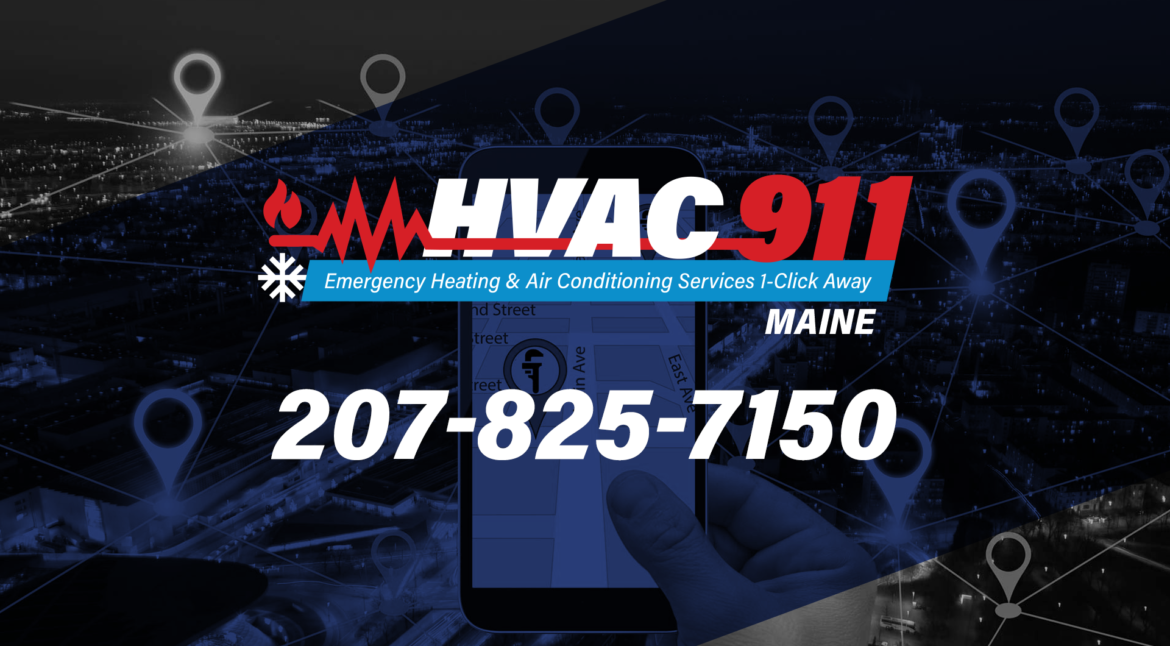Natural gas is a convenient, affordable and relatively safe fuel source to heat your home, water and food and also power your appliances.
However, if the devices are not installed properly or not regularly maintained, natural gas leaks can occur.
Natural gas is known as the silent killer. If you do not know the signs, you might not know your home is unsafe until it is too late. Sadly, according to the Centers for Disease Control and Prevention, about 50,000 Americans visit the emergency room each year due to accidental carbon monoxide poisoning.
If you think there may be a natural gas leak in your home, you need to take immediate action. If you can do it, take the following action:
- Turn off the pilot light on items such as the natural gas furnace or hot water heater.
- Open the windows.
- Evacuate your home.
- Alert the authorities, but do not use a landline or a mobile phone inside your home, as the electrical charge can spark a fire. Call from a neighbor’s house or a cell phone when you are a safe distance away.
- Do not turn on any lights inside your home.
Once you have evacuated your home and called the authorities, call HVAC 911 Maine for a technician who can fix the leak.
Here is how you can detect a gas leak.
Trust your nose
In most cases, you will be able to smell a natural gas leak. Though natural gas is odorless by itself, the gas company adds sulfur, which smells like rotten eggs, to make gas leaks more easily detectable.
Listen for a hissing or whistling noise
Loose connections can cause a hissing sound as the gas leaks from a fixture. Stop for a minute and listen, especially near a gas line where you may suspect a leak. Not all gas leaks will hiss, but a hissing sound is an indication you have a gas leak. Evacuate your home and call a HVAC 911 Maine to be referred to an expert contractor who can fix the leak.
Apply soapy water to a suspected leaking connection
Mix a concentrated solution of a teaspoon of dish detergent with one cup of water. Apply the soap mixture to whatever you suspect is leaking, such as a connection or juncture. If any bubbles form, it could be a sign of escaping gas. Evacuate your home and call a HVAC licensed HVAC contractor to investigate the situation..
Use a natural gas leak detector
The surest way to know whether you have a gas leak is to use a natural gas leak detector, which can detect a methane, propane or natural gas leak. Some leak detectors can be plugged into any AC outlet and detect a leak as long as they are powered.
Call HVAC 911 Maine to have your gas lines inspected
It is a good idea to have your gas lines inspected twice per year to spot any damage or repair issues. The contractors at HVAC 911 Maine can come to your home and inspect your gas lines, stove, water heater or dryer to make sure they are safe.
